-87%
A Comprehensive Overview of AAN Annual Meeting On Demand 2021: Insights into the Future of Neurology
Access and Ambulatory Care Improvement Initiatives
The “Access in Academic Neurology” session explores innovative strategies to enhance access to neurological services. It delves into workflow optimization techniques for ambulatory clinics, aiming to alleviate wait times and streamline patient care.
Headache and Neuroimmunology Updates
The “Actualización en Dolores de Cabeza (Headache Update)” provides a comprehensive review of current headache management approaches. “Actualización en la Neuro-inmunología de Cáncer” delves into the intricate relationship between cancer and neuroimmunological disorders, offering insights into diagnosis and therapeutic strategies.
Advancements in Neurology
“Advances in General Neurology” presents groundbreaking developments in various neurological subspecialties, covering the latest research findings and clinical implications. “Advances in MS Imaging” showcases technological advancements in neuroimaging techniques for diagnosing and monitoring multiple sclerosis (MS).
Leadership and Professional Development
The “Advancing Leadership in Neurology” series equips neurologists with essential leadership skills and strategies. It covers topics such as mentorship, diversity and inclusion, and navigating the complexities of academic medicine.
Dementia and Neurodegenerative Disorders
The “Aging and Dementia” session addresses the challenges and complexities of managing age-related cognitive decline. “Alzheimer’s Disease” provides in-depth insights into the pathogenesis, diagnosis, and treatment of the most common form of dementia.
Sleep Disorders and Cognitive Function
“Approaching the Management of Common Sleep Disorders” offers practical guidance on diagnosing and treating a wide range of sleep-related issues. “Assessment of Rapidly Progressive Dementias” explores the unique challenges of distinguishing and managing rapidly progressing cognitive disorders.
Neurological Disorders
“Atypical Parkinsonisms” examines movement disorders beyond Parkinson’s disease and discusses their diagnosis and management. “Autoimmune Neurology” covers the latest understanding of immune-mediated neurological diseases, including pathogenesis, diagnostic criteria, and therapeutic options.
Behavioral and Cognitive Neurology
The “Behavioral and Cognitive Neurology” session delves into the intricate relationship between brain structure and function. It explores topics such as burnout and resilience, providing strategies for enhancing well-being in the demanding field of neurology.
Career Development and Practice Management
The “Careers in Neurology” series provides guidance for navigating career paths in neurology, from choosing a specialty to establishing a successful practice. “Core Concepts in Pain Management” offers essential principles for managing pain in various neurological conditions. “Creating a Roadmap for a Diverse Workforce in Academic Neurology” addresses the importance of fostering diversity and inclusion within the academic neurology community.
Cerebrovascular Disease and Intervention
The “Cerebrovascular Disease and Interventional Neurology” sessions cover the latest advancements in stroke prevention, diagnosis, and treatment. “Acute Stroke Treatment” provides comprehensive guidance on managing acute ischemic and hemorrhagic strokes. “Biomarkers, Mechanisms of Axonal Injury, Stroke, and Infection” explores the interplay between neuroinflammation, stroke pathophysiology, and infection.
Child and Functional Neurology
“Child Neurology A Case-based Approach” presents real-life case studies to illustrate the complexities of diagnosing and managing neurological disorders in children. “Disparities in Care” highlights the challenges and opportunities in addressing health disparities among neurology patients.
Epilepsy and Clinical Neurophysiology
The “Epilepsy and Clinical Neurophysiology (EEG)” sessions offer updates on the diagnosis and management of epilepsy. “Clinical EEG 1 and 2” provide practical guidance on interpreting EEG recordings, while “Clinical Epilepsy 1 and 2” cover the full spectrum of epilepsy management.
Emergency and Critical Care Neurology
The “Emergency Neurology” session equips neurologists with essential knowledge and skills for managing neurological emergencies. “Endovascular Therapies for Ischemic and Hemorrhagic Stroke” showcases the latest advances in minimally invasive stroke treatment techniques. “Neurocritical Care 1 and 2” provide comprehensive coverage of the principles and practice of critical care neurology.
Infectious and Inflammatory Disorders
The “Infections of the Nervous System” session covers the diagnosis and management of neurological infections, including meningitis, encephalitis, and stroke. “MS and CNS Inflammatory Disease” focuses on the latest research and therapeutic advances in MS and other inflammatory conditions of the central nervous system.
Movement Disorders and Neuromuscular Disease
The “Movement Disorders 1 and 2” sessions provide updates on the diagnosis and treatment of Parkinson’s disease, Huntington’s disease, and other movement disorders. “Neuro-oncology” explores the interplay between cancer and the nervous system, addressing the management of neurological complications and primary tumors of the brain and spine.
Neuroimaging and Neurogenetics
The “Neuroimaging for the General Neurologist Brain” and “Neuroimaging for the General Neurologist Spine” sessions cover the latest imaging techniques for diagnosing and monitoring neurological disorders. “Neurogenetics” explores the genetic basis of neurological diseases, providing insights into diagnosis and potential therapeutic targets.
Neurological Manifestations of Systemic Disorders
The “Neurologic Consultations in Cancer Patients” session highlights the neurological complications of cancer and the role of neurologists in their management. “Neurologic Manifestations and the Impact of COVID-19” provides comprehensive insights into the neurological effects of the COVID-19 pandemic.
Neuromodulation and Neuromuscular Disorders
The “Neuromodulation in Movement Disorders” session explores the use of brain stimulation techniques to treat movement disorders. “Neuromuscular Junction Disorders” provides an overview of the diagnosis and management of neuromuscular disorders affecting the neuromuscular junction.
Neuro-rehabilitation and Neurotoxicity
The “Neuro-rehabilitation Update” session showcases innovative approaches to rehabilitating patients with neurological impairments. “Neurobiological Consequences of Racism on Health Outcomes” examines the impact of racism on neurological health and addresses strategies to mitigate disparities.
Neuroscience and Therapeutic Advancements
The ” Neuroscience in the Clinic” series explores cutting-edge research and clinical applications in neuroscience. Topics include CAR-T cell therapy, neurotoxicity, disrupted sleep, cardiac arrest neuroprognostication, and the neurological consequences of obesity.
maybe you like these too:
- The International Congress Of Parkinson and Movement Disorder 2022 (MDS Congress) (Videos)
- Comprehensive Review of Neurology 2017 (Videos)
- 2017 Pathology Review Pulmonary, Neuro, and Hepatic Pathology for the General Pathologist (Videos)
- Psychiatry Certification Board Review Course 2020 (The Passmachine) (Videos)


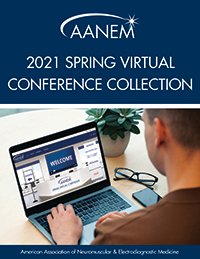
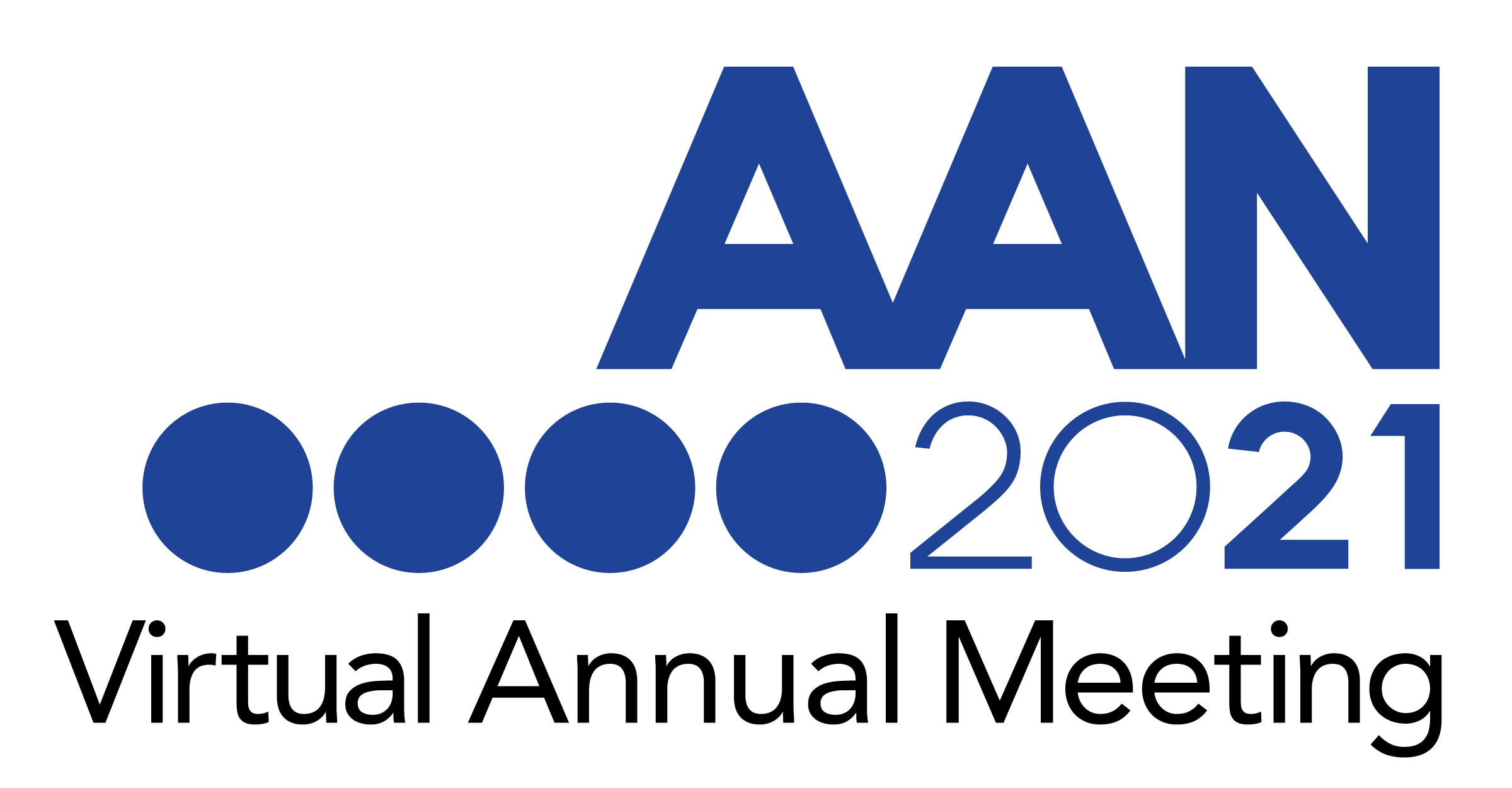
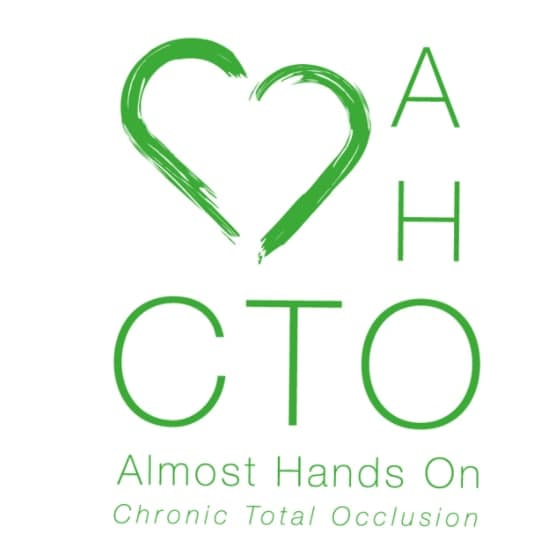



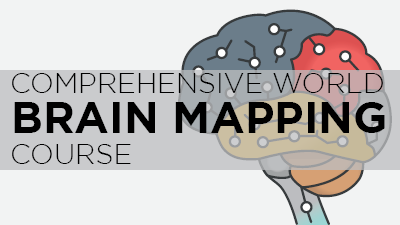
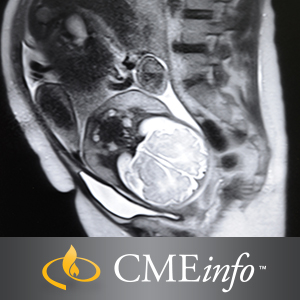
Reviews
Clear filtersThere are no reviews yet.